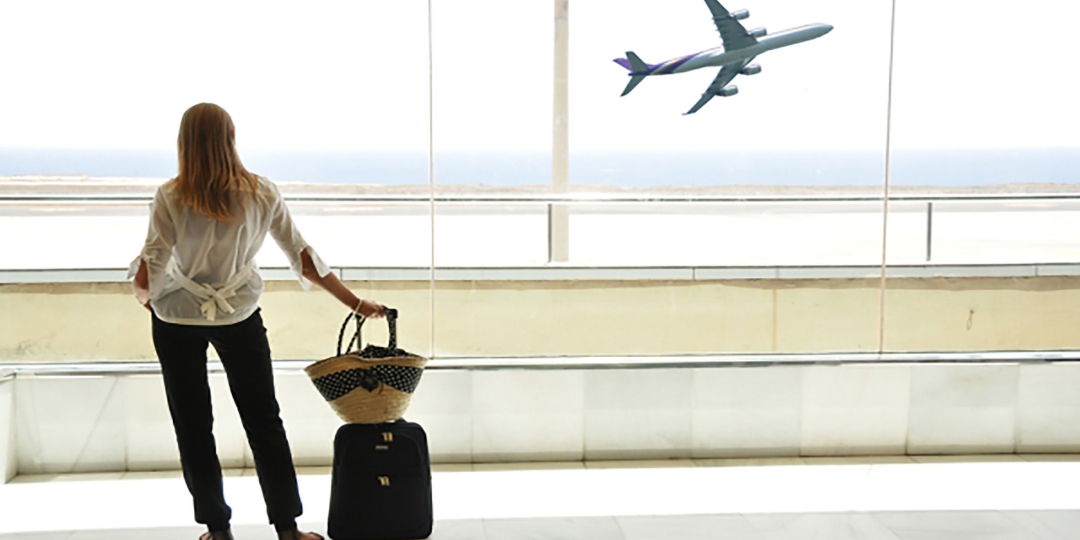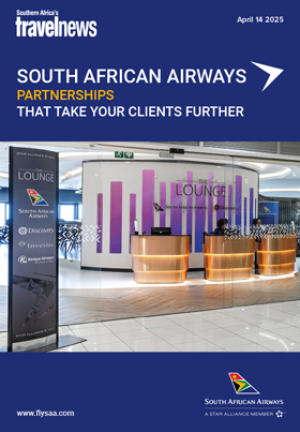An international survey reveals that 71% of women business travellers say travelling for work as a woman is less safe than travelling as a man. Nearly half (46%) stay in close touch with family and friends throughout their travels in case they go missing, and 12% have experienced a negative incident while travelling.
The survey was conducted by Opinium, with 2 001 business travellers in Australia, Canada, United States, and United Kingdom, and commissioned by World Travel Protection, a leading global travel risk management organisation.
Almost one in three women business travellers (31%) say they do not travel or go out on their own at night, compared with only 18% of men; 36% of men stay in touch with friends and family while travelling for business – compared with the 46% of women who do this. Almost one in five (19%) women business travellers also feel their organisation should act with women’s safety in mind when they are travelling alone, for example, by ensuring that flights do not arrive late at night.
Global women’s rights issues are also of greater concern to women than men – 36% said they did not like travelling to countries where women’s rights weren’t protected, compared with only 15% of men.
Interestingly, in their hotel or accommodation, both men and women take extra steps to protect their security, like placing a chair or obstacle against the hotel door to deter a potential intruder (16% of both men and women do this), and using room service so they don’t have to eat in a restaurant on their own (17% of both men and women do this). Moreover, one in five women business travellers (21%) prefer to stay in hotels that make provision for solo women travellers and a similar proportion (19%) wear a wedding ring (real or fake) to avoid unwanted attention.
Some 12% of women have experienced a negative incident when travelling, ranging from minor theft to assault, and one in ten (10%) have been unwell with a women’s health problem while travelling, but felt unable to get help because of the stigma around women’s health issues.
“It’s important to note that, compared with men, women often have different safety considerations to think about when travelling for work. The risk will generally increase in countries with less equality. It’s essential, therefore, that women have a full understanding of the cultural norms in their destinations, from what to wear to how they act, for example, perhaps avoiding alcohol in public,” says Kate Fitzpatrick, Regional Security Director, EMEA at World Travel Protection.
“As well as safety considerations, women business travellers may face gender bias in some cultures where it’s not the norm to have women in senior roles. I’ve personally experienced sexism and push-back because of my gender. People are surprised to meet a woman Director of Security, and whether it is a police chief in South America or a site risk inspection in West Africa, I regularly have to detail my past work in security and government law enforcement to give me credibility, something that my men colleagues never have to do,” Fitzpatrick adds.
South Africa least safe for solo travel
A study of the world’s most dangerous countries for women travelling alone, recently compiled by Asher & Lyric, has been compiled into a ‘Women’s Danger Index’ that ranks countries around the world.
South Africa features at the top spot as the least safe country in the world for solo women travellers. Compared with the rest of world on rates of intentional homicide of women, sexual violence, attitudes to gender-based violence and more, South Africa scores an F on the index.
This makes the country the only one to score below a D-, ranking worse than Brazil, Russia, Mexico and Iran.
Click here to read the index, infographics explaining the data, and the organisation’s 42 tips for women to travel more safely.















